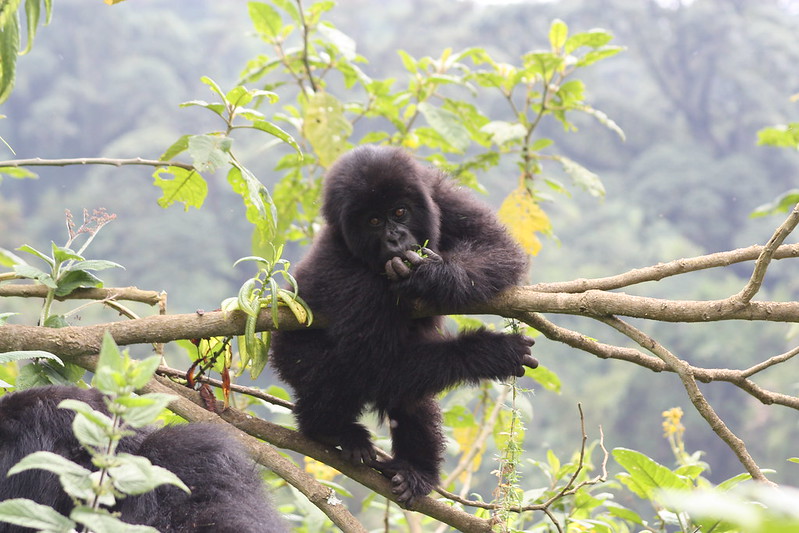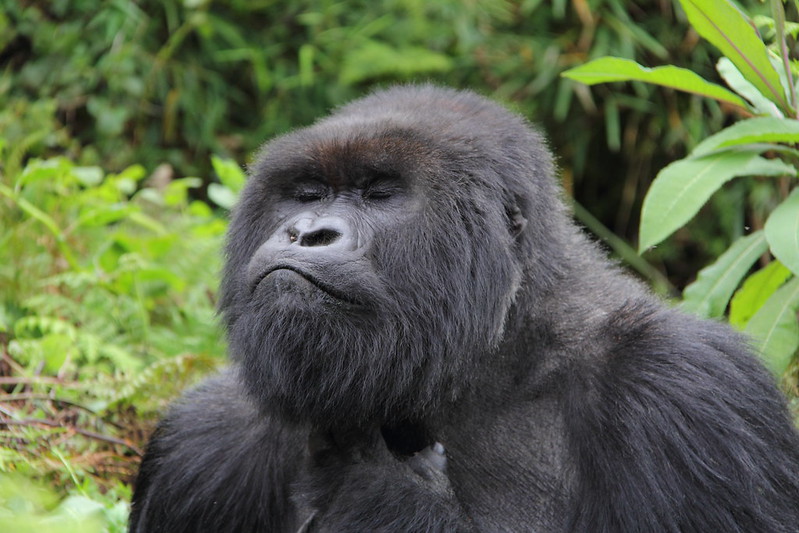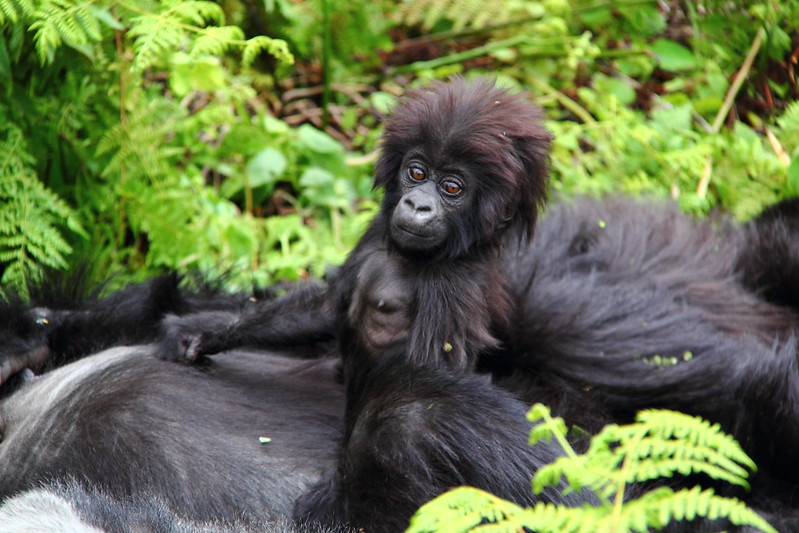Uganda Bwindi Gorilla trekking. The bwindi gorilla walk in Uganda is a once-in-a-lifetime opportunity to…
The Best Time of Year for Gorilla Trekking in Uganda.
The Best Time of Year for Gorilla Trekking in Uganda.
Gorilla trekking in Uganda is a once-in-a-lifetime experience that offers an unparalleled opportunity to see the majestic mountain gorillas up close in their natural habitat. With its lush rainforests and diverse wildlife, Uganda provides a stunning backdrop for this unique adventure.
However, to make the most of your gorilla trekking experience, it’s essential to choose the best time of year to visit. Uganda’s equatorial climate means that conditions can vary significantly throughout the year, affecting your trekking experience. Here’s a guide to help you decide the optimal time for your gorilla trekking adventure in Uganda.
Best Seasons for Gorilla Trekking: Dry Seasons
The best time for gorilla trekking in Uganda is during the dry seasons, which run from December to February and from June to September. These months are characterized by relatively dry weather, making the trekking trails less slippery and easier to navigate. The dry seasons offer several advantages:
With less rain, the trails in Bwindi Impenetrable National Park and Mgahinga Gorilla National Park are more accessible, allowing for a safer and more comfortable trekking experience. The reduced mud and fewer obstacles on the trails mean that you can focus on enjoying the journey rather than battling challenging terrain.
During the dry season, the chances of clear skies and good visibility are higher, making it easier to spot gorillas and other wildlife. The forest is less dense with fog, and the sunlight filtering through the trees can provide excellent conditions for photography, capturing the magic of your encounter with the gorillas.
The dry season also coincides with the time when gorillas are more likely to be found at lower altitudes, as they search for food. This can potentially shorten the duration of your trek, as the gorillas may be located closer to the starting point of your hike.
Considerations for the Wet Seasons: March to May and October to November
While the dry seasons are generally considered the best time for gorilla trekking, the wet seasons from March to May and October to November also have their unique advantages, despite the challenges they present:
![]()
The wet season brings heavy rainfall, leading to lush vegetation and a vibrant forest environment. The scenery is breathtaking, with an abundance of flora, fresh foliage, and increased activity from other wildlife species, such as birds and monkeys. This can enhance the overall trekking experience for those who appreciate the rich biodiversity of Uganda’s rainforests.
During the wet season, fewer tourists visit the parks, resulting in a more exclusive and intimate trekking experience. Additionally, some tour operators and lodges offer discounts or lower rates during these months, making it a more affordable time to trek. This can be an attractive option for budget-conscious travelers or those seeking a quieter experience away from the crowds.
The wet season can make the trekking trails muddy and slippery, presenting a more challenging hike. However, for those who enjoy a bit of adventure and are prepared for the conditions with proper gear, such as waterproof boots and rain jackets, the wet season can still offer a rewarding trekking experience. The additional challenge of the trek can also make the moment of finally encountering the gorillas all the more satisfying.
Additional Tips for Choosing the Best Time
Gorilla trekking permits are limited and in high demand, particularly during the dry season. It’s essential to book your permits well in advance to secure your spot. Whether you decide to trek in the dry or wet season, planning ahead is key to ensuring availability.
Consider your own fitness level and preference for weather conditions when planning your trip. If you prefer less strenuous hikes and more predictable weather, the dry season is ideal. However, if you’re up for a more rugged adventure and don’t mind a bit of rain, the wet season can be just as fulfilling.
If you plan to combine gorilla trekking with other activities, such as chimpanzee tracking, bird watching, or a safari in Queen Elizabeth National Park, consider the seasonality of these activities as well. The dry season is generally favorable for most wildlife viewing activities across Uganda.
The best time of year for gorilla trekking in Uganda largely depends on your preferences for weather, trekking conditions, and overall experience. While the dry seasons from December to February and June to September offer the most comfortable and accessible trekking conditions, the wet seasons can provide a lush, less crowded, and budget-friendly alternative for the more adventurous traveler.
Ultimately, any time of year offers the chance to witness the awe-inspiring mountain gorillas of Uganda in their natural habitat, making for an unforgettable experience that is well worth the journey, no matter the season


